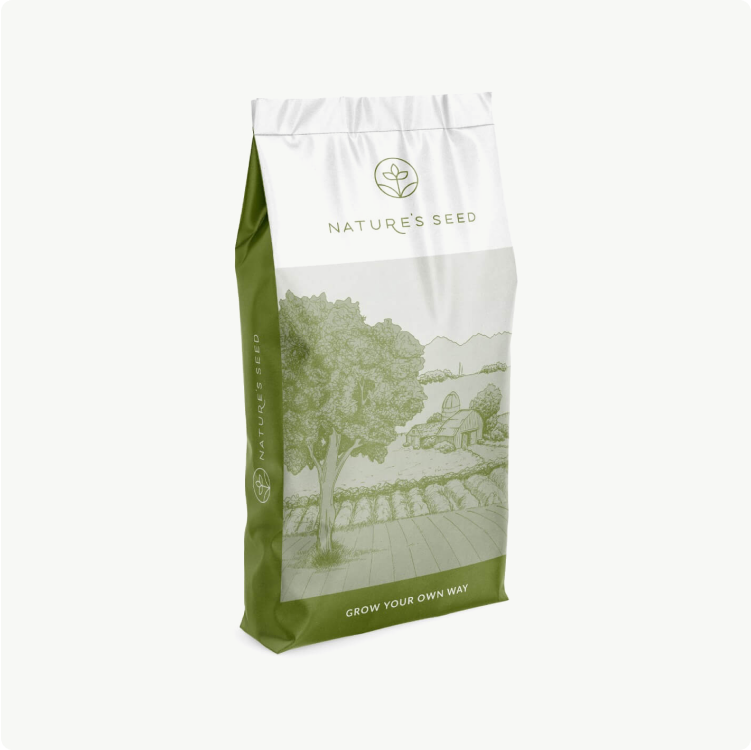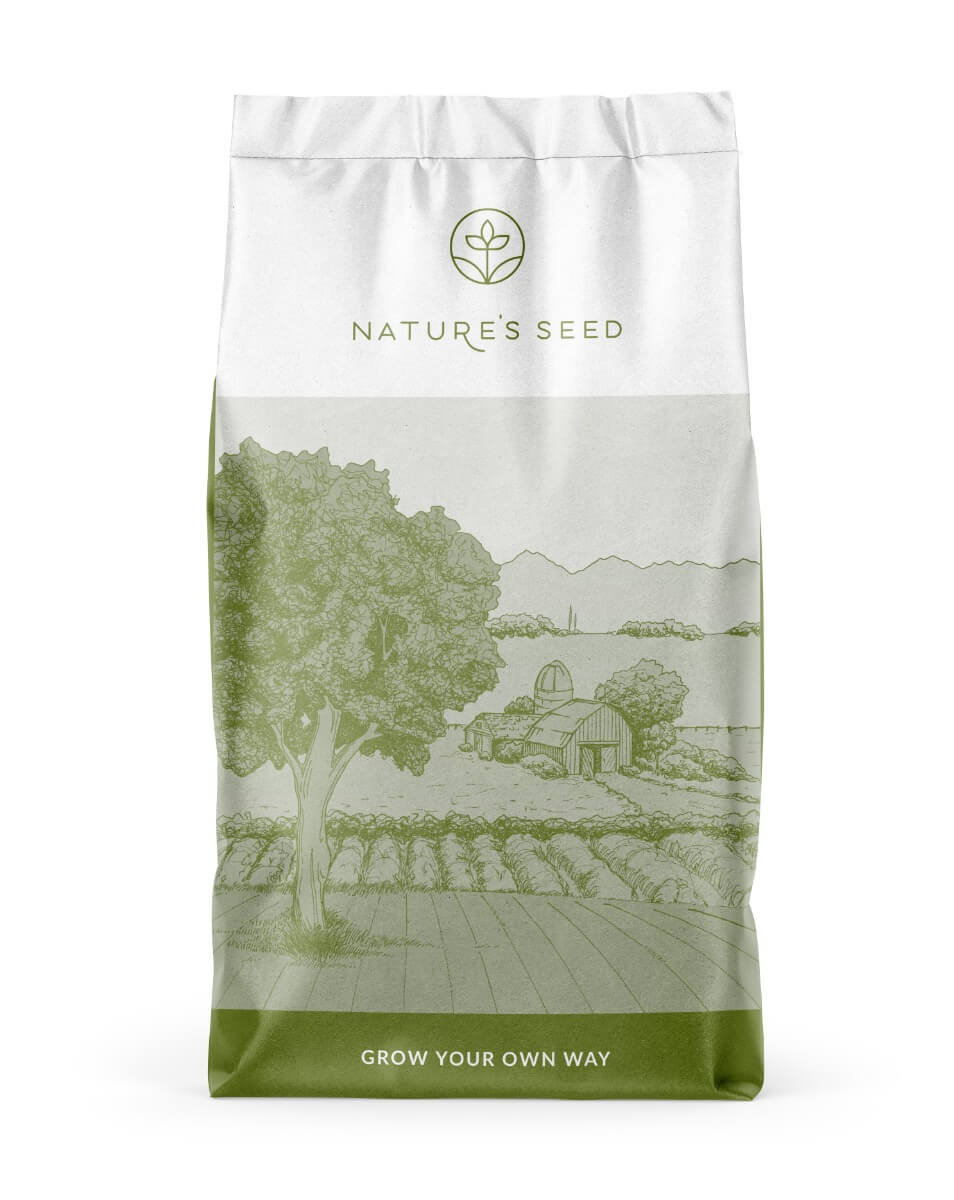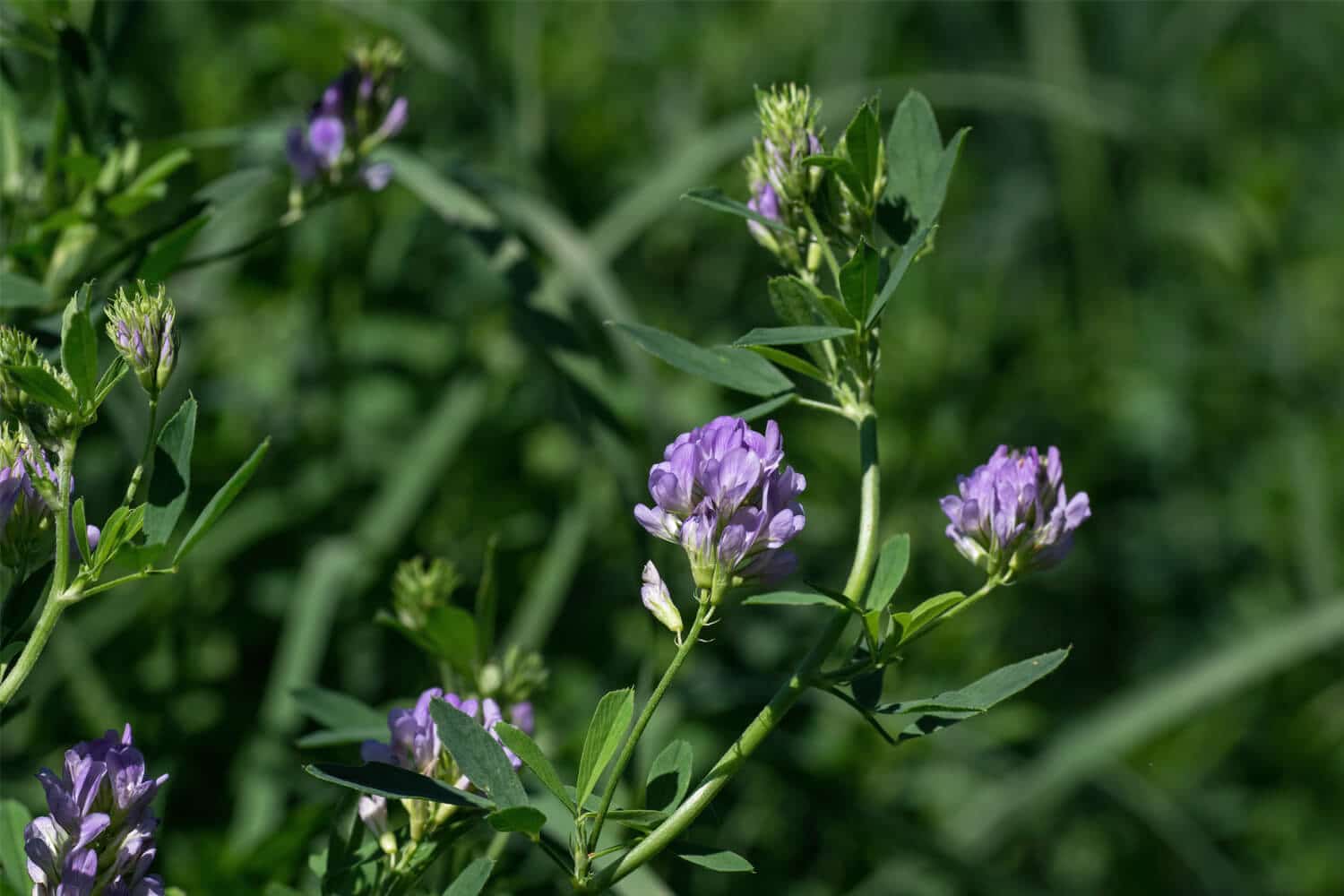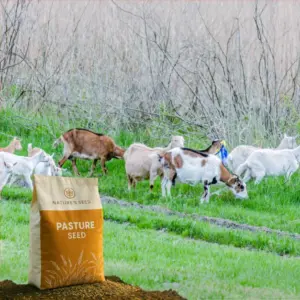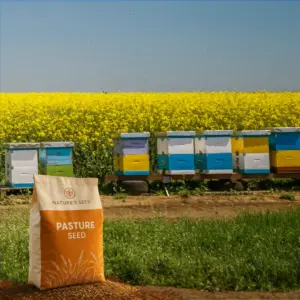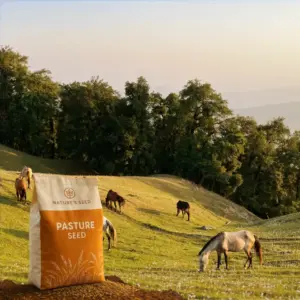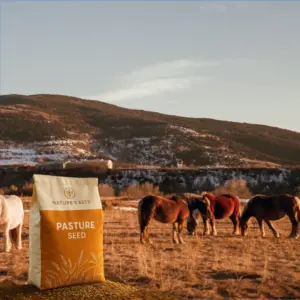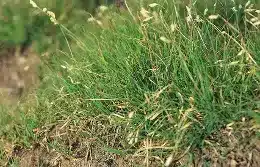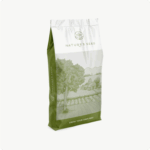
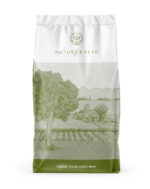
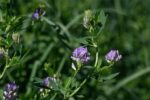
What is Alfalfa?
Alfalfa is native to Asia and is one of the most important and common hay crops in the world. A long-lived perennial legume, fresh, pure alfalfa stands from one to three feet tall and produces clusters of small purple flowers. It prefers deep, well-drained soils and is found throughout the entire United States.
In addition, alfalfa grass yields healthy amounts of plant matter that can be harvested several times a season, which is why it is invaluable in hay production and is widely grown and used among farms and pasture lands. Alfalfa can also be partnered with grass species such as meadow fescue and orchardgrass for pasture grazing, although it should be a small percentage of the overall forage mix content to avoid bloating.
Specifications
Sun Requirement
Full Sun to Partial Shade
Soil Preference
Well Drained, Moderately Drained
Soil pH
6.5-7.5
Time to Maturity
30-35 Days
Height when mature
30-40 inches
Seeding Rate
Hardy
Planting Depth
1/8-1/4 inch
Alfalfa Seeds – V2
Medicago sativa | SKU: PG-MESA-1-TEST
- Dogs
- Cattle
- Poultry
- Sheep
- Goats
- Horse
- Bison
- Alpaca/Llama
- Pig
- Tortoise
- Honey Bee
Will the seed work for your area?
Check your region
select quantity
Description
What Are The Uses of Alfalfa?
Though we provide a brief list of its uses above, here is a more detailed description of the many uses of alfalfa for livestock and agriculture:

Hay Production
As mentioned earlier, alfalfa hay is considered ideal for farmers, as its persistent growth cycle throughout the year can allow for great volumes of hay to be produced. Alfalfa hay is also known as high-protein feed, ensuring the livestock it feeds grows healthy and strong.
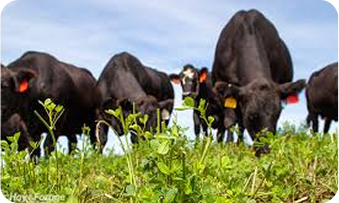
Livestock Grazing
During more verdant times of the year, alfalfa is also great for animals such as cows and lambs to graze and consume directly.
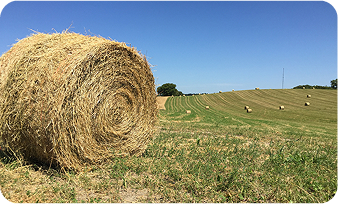
Silage
Alfalfa can also be stored in a silo for lengthy amounts of time, providing high-quality feed for times of year when there are no grasses or other plants for animals to graze.
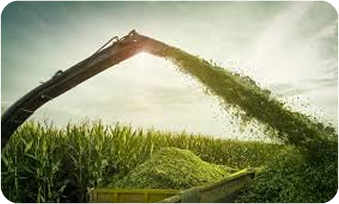
Green Manure
For those looking to help sustain their lawns or pastures better, alfalfa can also be used as a great fertilizer while it is still green, providing additional nitrogen to the soil.
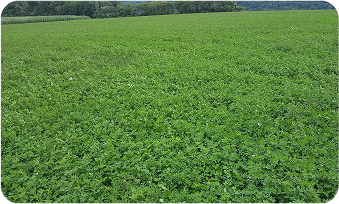
Ground Cover
In some cases, alfalfa can also be used as feed or fertilizer and as protection from soil erosion, weeds, diseases, and more.
Those are just some ways alfalfa seeds are used to benefit your farm, pasture, or other landscape.
There are many incredible advantages to growing it as a crop on your property.
Description
What Are The Uses of Alfalfa?
Though we provide a brief list of its uses above, here is a more detailed description of the many uses of alfalfa for livestock and agriculture:
Detail Product
Sun/Shade
Full Sun to Partial Shade
Height
1' – 3'
Seeding Rate
15 lbs. / Acre
Uses
Beautification, Water Conservation, Dryland, Irrigated, Food Plot, Wildfire Resistant, Erosion Control, Green Manure, Cover Crop
Color
Dark Green, Medium Green, Light Green, Dark Purple, Medium Purple, LightPurple
Water
Dark Green, Medium Green, Light Green, Dark Purple, Medium Purple, LightPurple
Native
Introduced
Life Form
Perennial
What Are The Benefits of Having Alfalfa Fields?
In addition to its varied uses, planting alfalfa seeding provides several benefits that make it more distinct and ideal to include as part of your forage mix. Here are a few perks of alfalfa seed to consider:
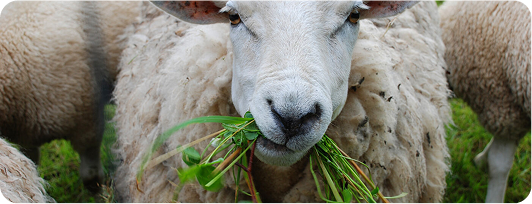
Alfalfa Provides high-quality forage and animal feed
Alfalfa grass can also be excellent feed and forage for livestock such as sheep and cattle. It provides them with a healthy, abundant food source with a high protein content and remains fresh for long periods, even when stored in a silo.
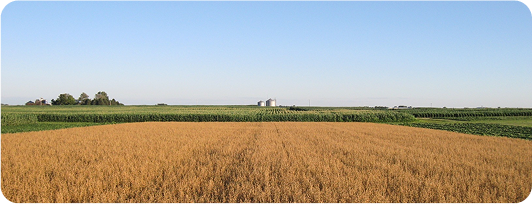
Alfalfa Increases soil nitrogen
As it is a legume, alfalfa plants have the ability to fix available nitrogen from the atmosphere, absorbing it from the air and back into the soil, enhancing plant growth for subsequent crops you may be planting in the same field later on.
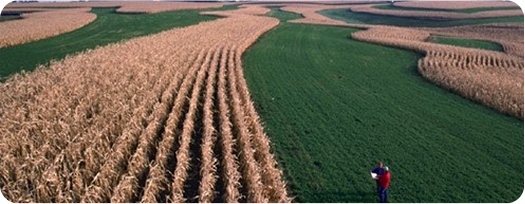
Alfalfa Helps prevent soil erosion
Alfalfa plants each grow an incredibly deep root system, making it somewhat drought-tolerant, loosening compacted soil for better water infiltration and structure, and reducing soil erosion.
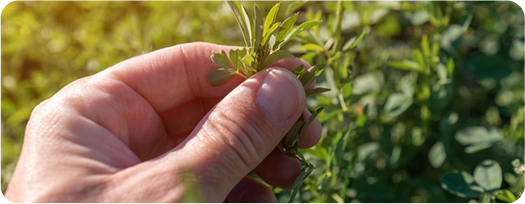
Alfalfa is the highest-yielding forage plant
As mentioned before, alfalfa seed also provides a high yield for a sizable time of the year, giving it the highest feeding value among other legume and grass species.
Alfalfa Manages the insect population
Planting alfalfa also helps protect every acre of pasture or farmland from harmful pests, as it attracts all kinds of other more beneficial insects, such as bees and other pollinators, as well as birds, which will hunt down any pests looking to eat your other crops.
These benefits and more help to prove that alfalfa may be the best legume in the world to plant in your pasture or grazing area. For premium quality Alfalfa seed and other legumes, order from Nature’s Seed today!
Questions & Answers
What’s the best time of year to plant alfalfa?
The ideal time to plant alfalfa is in early spring or late summer, depending on your region. Avoid planting in extremely hot or dry conditions. Proper timing helps with root establishment and reduces weed pressure.
How much seed do I need per acre?
For pure stands, you’ll need approximately 15–20 lbs per acre. If you’re mixing alfalfa with grasses, reduce the alfalfa rate accordingly. Always follow local recommendations based on soil type and climate.
Do I need a seed inoculant?
Yes. If your soil hasn’t grown alfalfa or other legumes recently, using a rhizobium inoculant helps ensure nitrogen fixation. We offer compatible inoculants for our alfalfa seed — check the “Planting Essentials” section.
Can I plant alfalfa without tilling the soil?
Yes, no-till planting is possible if your field has good drainage and minimal weed pressure. Using a no-till drill or preparing a firm seedbed is key for proper seed-to-soil contact.
How long does it take for alfalfa to establish?
Under good conditions, alfalfa germinates within 7–10 days and begins to establish over the next few weeks. A strong root system typically forms within 6–8 weeks, depending on weather and soil health.
What kind of soil does alfalfa grow best in?
Alfalfa prefers well-drained, loamy soils with a neutral pH between 6.5 and 7.5. Avoid compacted or waterlogged areas. It’s also important to test your soil and amend it if needed — especially for pH and potassium levels.
Still have
questions?
Our planting experts
are here to help.
Call Us
1-800-123-4567
8 AM–5 PM
Monday–Friday
Reviews
🛑 This product is going to be removed from our store. We have created a new collection of products that are sure to work for you! Please to start your journey and find the perfect product for you!
🛑 This product is going to be removed from our store. We have created a new collection of products that are sure to work for you! Please to start your journey and find the perfect product for you!
🛑 This product is going to be removed from our store. We have created a new collection of products that are sure to work for you! Please to start your journey and find the perfect product for you!
🛑 This product is going to be removed from our store. We have created a new collection of products that are sure to work for you! Please to start your journey and find the perfect product for you!
🛑 This product is going to be removed from our store. We have created a new collection of products that are sure to work for you! Please to start your journey and find the perfect product for you!
What is Alfalfa?
Alfalfa is native to Asia and is one of the most important and common hay crops in the world. A long-lived perennial legume, fresh, pure alfalfa stands from one to three feet tall and produces clusters of small purple flowers. It prefers deep, well-drained soils and is found throughout the entire United States.
In addition, alfalfa grass yields healthy amounts of plant matter that can be harvested several times a season, which is why it is invaluable in hay production and is widely grown and used among farms and pasture lands. Alfalfa can also be partnered with grass species such as meadow fescue and orchardgrass for pasture grazing, although it should be a small percentage of the overall forage mix content to avoid bloating.
What Are The Uses of Alfalfa?
Though we provide a brief list of its uses above, here is a more detailed description of the many uses of alfalfa for livestock and agriculture:
Hay Production – As mentioned earlier, alfalfa hay is considered ideal for farmers, as its persistent growth cycle throughout the year can allow for great volumes of hay to be produced. Alfalfa hay is also known as high-protein feed, ensuring the livestock it feeds grows healthy and strong.
Livestock Grazing – During more verdant times of the year, alfalfa is also great for animals such as cows and lambs to graze and consume directly.
Silage – Alfalfa can also be stored in a silo for lengthy amounts of time, providing high-quality feed for times of year when there are no grasses or other plants for animals to graze.
Green Manure – For those looking to help sustain their lawns or pastures better, alfalfa can also be used as a great fertilizer while it is still green, providing additional nitrogen to the soil.
Ground Cover – In some cases, alfalfa can also be used as feed or fertilizer and as protection from soil erosion, weeds, diseases, and more.
Those are just some ways alfalfa seeds are used to benefit your farm, pasture, or other landscape. There are many incredible advantages to growing it as a crop on your property.
What Are The Benefits of Having Alfalfa Fields?
In addition to its varied uses, planting alfalfa seeding provides several benefits that make it more distinct and ideal to include as part of your forage mix. Here are a few perks of alfalfa seed to consider:
Alfalfa Increases soil nitrogen
As it is a legume, alfalfa plants have the ability to fix available nitrogen from the atmosphere, absorbing it from the air and back into the soil, enhancing plant growth for subsequent crops you may be planting in the same field later on.
Alfalfa is the highest-yielding forage plant
As mentioned before, alfalfa seed also provides a high yield for a sizable time of the year, giving it the highest feeding value among other legume and grass species.
Alfalfa Helps prevent soil erosion
Alfalfa plants each grow an incredibly deep root system, making it somewhat drought-tolerant, loosening compacted soil for better water infiltration and structure, and reducing soil erosion.
Alfalfa Provides high-quality forage and animal feed
Alfalfa grass can also be excellent feed and forage for livestock such as sheep and cattle. It provides them with a healthy, abundant food source with a high protein content and remains fresh for long periods, even when stored in a silo.
Alfalfa Manages the insect population
Planting alfalfa also helps protect every acre of pasture or farmland from harmful pests, as it attracts all kinds of other more beneficial insects, such as bees and other pollinators, as well as birds, which will hunt down any pests looking to eat your other crops.
These benefits and more help to prove that alfalfa may be the best legume in the world to plant in your pasture or grazing area. For premium quality Alfalfa seed and other legumes, order from Nature’s Seed today!
| Dimensions | 1 in |
|---|---|
| Pounds | , , |
